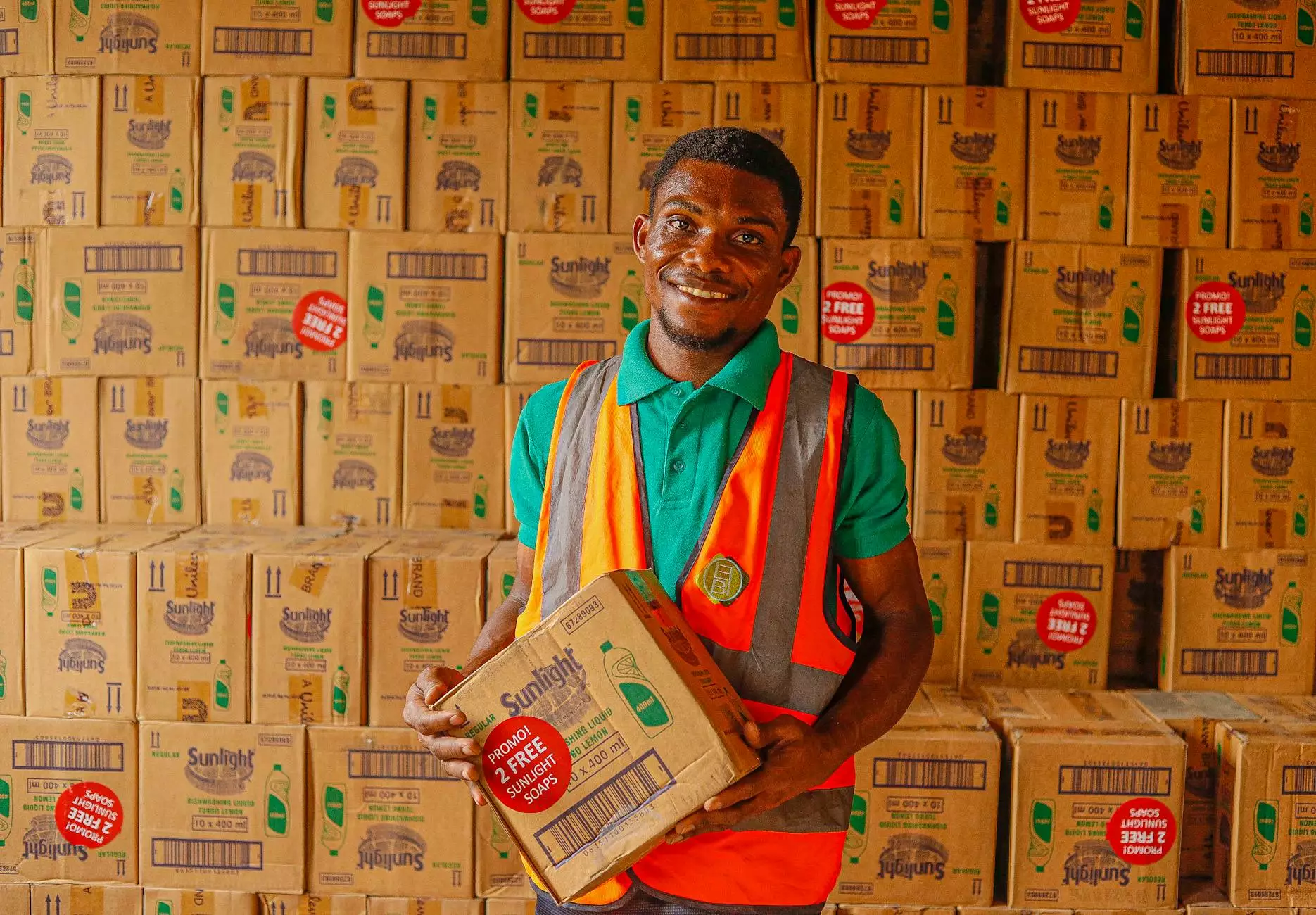Sugar Manufacturers in Brazil: A Comprehensive Overview

The sugar industry in Brazil plays a pivotal role in the country's economy, contributing significantly to both domestic consumption and international trade. With Brazil being one of the largest producers and exporters of sugar in the world, understanding the landscape of sugar manufacturers in Brazil is essential for anyone involved in the agricultural or food industries.
Understanding the Sugar Industry in Brazil
The Brazilian sugar industry is not only one of the most prominent sectors in the nation but also a leader on the global stage. Brazil has held the title of the largest sugar producer globally for several years, accounting for over 20% of the world’s supply. This success can be attributed to several factors:
- Favorable Climate: Brazil's tropical climate allows for year-round sugarcane cultivation.
- Advanced Technology: The adoption of modern agricultural techniques and technologies enhances productivity.
- Strong Global Demand: The increasing demand for sugar and biofuels, particularly ethanol, fuels production.
The History of Sugar Production in Brazil
The roots of sugar production in Brazil can be traced back to the 16th century, when the Portuguese colonizers began to cultivate sugarcane. Over the centuries, Brazil developed a sophisticated system of sugar production that included:
- Plantation System: Large plantations were established to maximize production.
- Labor Dynamics: The use of enslaved labor played a vital role in the expansion of sugar cultivation.
- Technological Innovations: The introduction of mills and refining processes significantly improved output.
By the 19th century, Brazil was a leading exporter of sugar, a status that has continued into the modern era.
Key Players in the Sugar Manufacturing Sector
Brazil's sugar industry is populated with numerous companies, ranging from large corporations to smaller enterprises. Some of the most significant sugar manufacturers in Brazil include:
- São Martinho: One of the largest sugar producers in Brazil, renowned for its innovative practices.
- Cosan: A major player not only in sugar production but also in energy generation through ethanol.
- Raízen: A joint venture between Shell and Cosan, creating a sustainable supply chain for sugar and ethanol.
- Usina Coruripe: Focused on high-quality sugar production and customer satisfaction.
These companies dominate the landscape, driving both local and export markets, while also investing in sustainable practices and innovation.
Production Methods of Sugar in Brazil
The sugar manufacturing process in Brazil is highly refined and efficient. The primary steps include:
- Cultivation: Sugarcane is grown in vast plantations, taking approximately 12 to 16 months to reach harvest maturity.
- Harvesting: Modern machinery or manual labor is employed to harvest sugarcane, which is then transported to mills.
- Extraction: The cane is crushed to extract juice, which is then clarified to remove impurities.
- Evaporation: The juice is concentrated through evaporation, resulting in a syrup.
- Crystallization: The syrup undergoes crystallization to form raw sugar, which is then refined into different grades.
This streamlined process not only maximizes yield but also ensures high-quality product delivery to markets.
Sustainability in Sugar Production
In recent years, sustainability has become a critical focus within the sugar industry. Brazilian sugar manufacturers have embraced practices that promote environmental stewardship and social responsibility.
Environmental Initiatives
Many sugar mills and producers are adopting sustainable farming practices, including:
- Reduced Chemical Use: Minimizing the use of pesticides and fertilizers to protect biodiversity.
- Water Conservation: Implementing systems to enhance water recycling and reduce consumption.
- Soil Health: Using cover crops and crop rotations to improve soil fertility.
Social Responsibility
Social initiatives are also significant, with companies investing in local communities by:
- Fair Labor Practices: Ensuring fair wages and safe working conditions for harvesting crews.
- Community Development: Supporting education and health initiatives in sugar-producing regions.
Economic Impact of Sugar Manufacturers in Brazil
The sugar industry significantly contributes to Brazil's economy. It generates billions in revenue and provides jobs for millions. The key economic impacts include:
- Export Revenues: Brazil is a leading exporter of sugar, significantly contributing to trade balance.
- Job Creation: The industry supports millions of jobs, from cultivation to processing to distribution.
- Rural Development: Enhances the economic stability of rural areas where sugarcane is cultivated.
Challenges Facing Sugar Manufacturers in Brazil
Despite its successes, the sugar industry in Brazil faces several challenges that could impact future growth:
- Climate Change: Fluctuating weather patterns can adversely affect sugarcane yields.
- Market Volatility: Global market prices for sugar fluctuate, impacting profitability.
- Regulatory Pressures: Increased scrutiny on environmental practices and labor conditions can pose challenges.
Addressing these challenges through innovation and adaptation will be essential for the sector's future success.
The Future of Sugar Manufacturing in Brazil
Looking ahead, the future of sugar manufacturers in Brazil is promising, driven by innovation and a focus on sustainability:
- Technological Innovations: Advances in agricultural technology will continue to enhance productivity and efficiency.
- Growth in Biofuels: The demand for ethanol and other biofuels can provide new markets for sugar producers.
- Sustainable Practices: A continued shift toward sustainability will attract eco-conscious consumers and investors.
Conclusion
The sugar industry in Brazil is a vital component of both the national economy and the global sugar market. With innovative manufacturers and a commitment to sustainability, Brazil is poised to maintain its leading role in the sugar industry. Understanding the dynamics of sugar manufacturers in Brazil provides invaluable insight into one of the world’s most significant agricultural sectors.
For more information on the best sugar suppliers in Brazil, visit brazilsugartopsuppliers.com.









